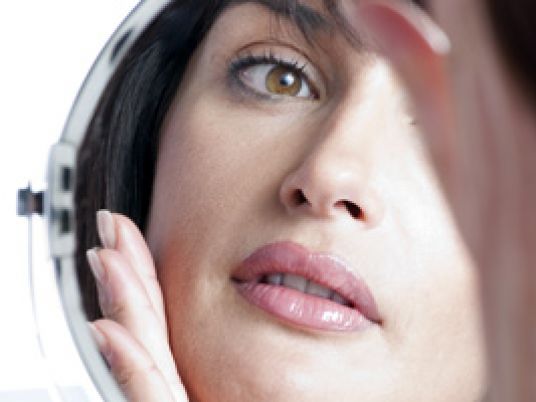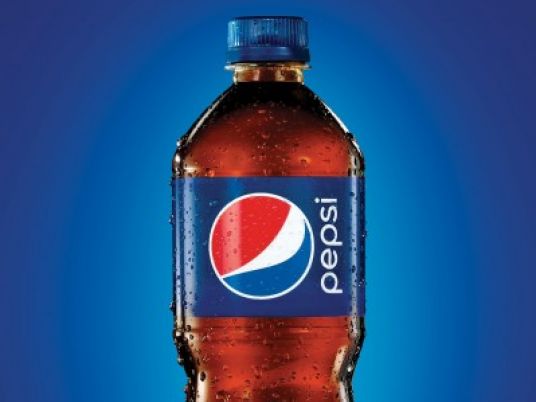
Bioprinted human skin has been on the scene for some time, but L'Oreal — yes, the cosmetics company — is hoping to get into the game.
The French beauty juggernaut announced recently that it is partnering with Organovo, a 3-D human tissue company, to print tons of the stuff to facilitate animal-free cosmetics testing.
It's an interesting and quite logical next step for the technology, which is already being explored for use in human skin grafts that could treat burns or for use in reconstructive surgery. But this will be the first application of the technology in the beauty industry, the companies said in a joint statement.
Decades ago, L'Oreal began exploring skin culture technologies that could hasten the company's move away from animal testing with the use of human skin samples. The current technique involves incubating human skin — taken from willingly donated plastic surgery scraps — and growing new cells from it.
Ever since the European Union's ban on animal-tested cosmetic ingredients in 2013, this lab-grown skin has become an even greater necessity in the world of cosmetics. And the bioprinting process, which the companies hope will eventually be fully automated, is going to yield much more skin for L'Oreal to work with.
The company says, however, that at the moment, their focus is on refining the production process, not speed.
"Some of the biggest potential advantages are the speed of production as well as the level of precision that 3-D printing can achieve," Guive Balooch, global vice president of L'Oreal's technology incubator said in an e-mail to The Washington Post. "L'Oreal's focus right now is not to increase the quantity of skin we produce but instead to continue to build on the accuracy and consistent replication of the skin engineering process."
According to Bloomberg, with Organovo's technology and L'Oreal's expertise in synthesizing human skin, the two companies hope to speed up the process of skin production in the next five years:
Research for the project will take place in Organovo's labs and L'Oreal's new California research center. L'Oreal will provide skin expertise and all the initial funding, while Organovo, which is already working with such companies as Merck to print liver and kidney tissues, will provide the technology.
Because the current process is done essentially by hand, the company has some 60 scientists doing the work at its Lyon, France, lab. In a year, their efforts produce a cowhide worth of human skin samples, according to Bloomberg. The process yields nine different types of human skin samples — representing different ages and ethnicities — that can be used to test various products.
An automated process using Organovo's 3-D printing technology is likely eventually to increase the pace of production significantly. And in the ultra competitive world of cosmetics, that could be a valuable advantage.
For now, the partnership is still in the "research" phase, and it is unclear how long it will be before L'Oreal begins using the technology in product testing.

